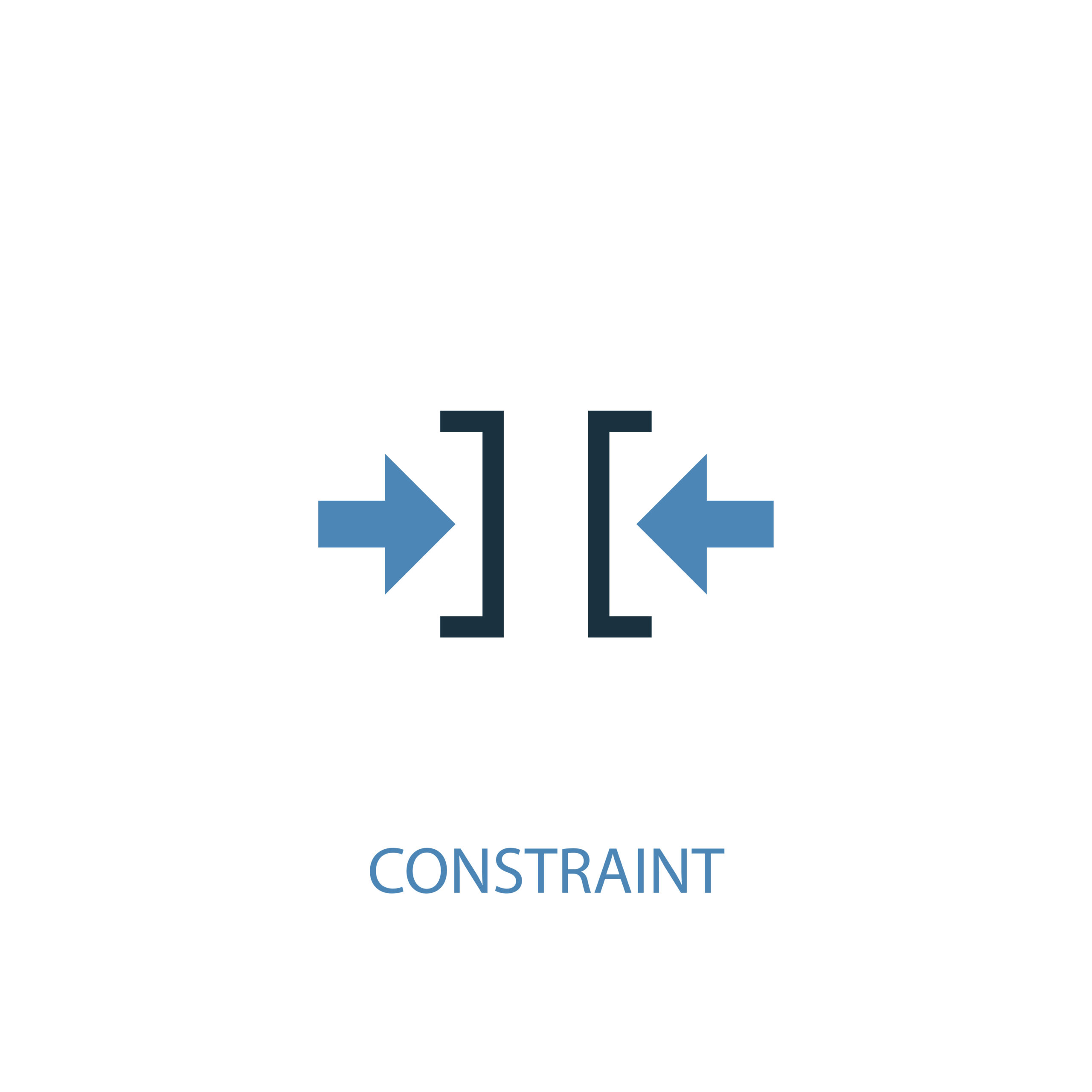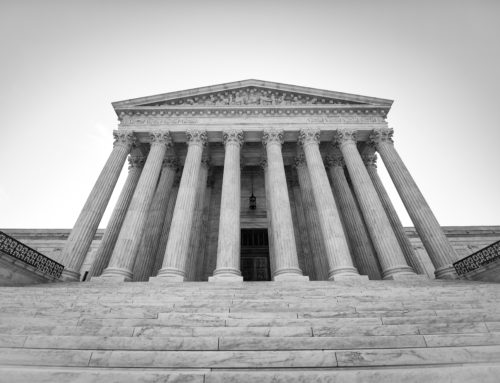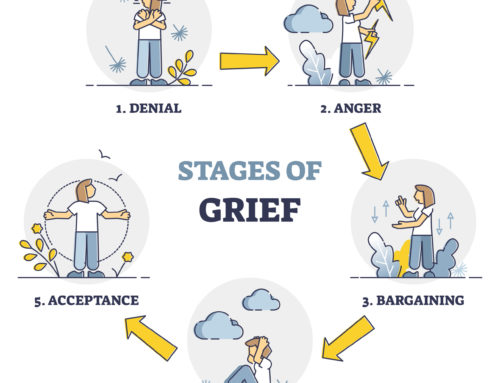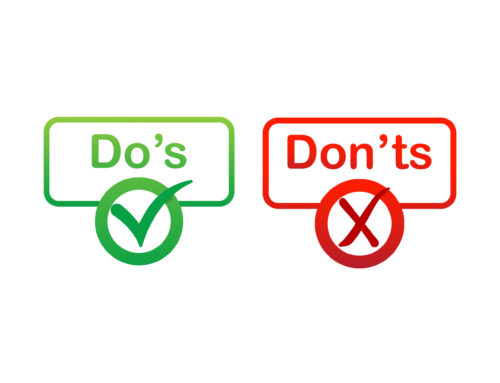In Pridgeon v Medical Council of New South Wales [2022] NSWCA 60, the NSW Health Council ‘Emergency’ Powers have been constrained and defined.
Dr Pridgeon had a long road back to practice of three and a half years, and through three reviews and appeals.
In this case, the Court of Appeal in NSW granted leave to appeal and allowed the appeal of a medical practitioner against the decision of the Medical Council and the Civil and Administrative Tribunal to suspend his registration.
The decision deals with section 150 of the National Law which is analogous but different to the ‘Immediate Action’ section 156 provisions in other states.
Section 150 is expressed in very different terms to section 156.
The issues were whether the Tribunal exercised its power in the public interest to indefinitely suspend Dr Pridgeon’s practice and whether there was an error in law by the Tribunal acting without any factual basis.
The Court of Appeal ultimately found that the public interest should be assessed in context. The Court decided that although Dr Pridgeon had been charged with offences, he was not yet guilty of those offences and the Tribunal decision was infected by assumptions of guilt.
The Section 150 powers should only be used as an emergency power where the circumstances are urgent. If suspension is sought then it should be dealt with by the Tribunal not the Health Council.
The Courts found that being charged with a criminal act may mean that confidence in the medical profession might be reduced, but in this case that was not accepted.
The Court distinguished between complaints that generate immediate action from practitioners and patients and those in this case that arose from criminal charges.
Ramifications for Health Practitioners
If a health practitioner is charged with a criminal offence, there is an obligation under section 130 in all states to notify AHPRA and the relevant Board. Once this is done, depending on the charges, the regulator may take action after the assessment of risk.
Depending on the nature of the charges – in this case they were about acting to protect children in contravention of Family Court orders – there may be no public interest test that could be made out.
If in NSW the Council proposes to suspend the practitioner then that may be a matter that should be dealt with by the Tribunal. It may be that the Health Councils in NSW will not be readily able to suspend practitioners, rather that if that is necessary, suspension that should be a matter for the Tribunal.
To read the full case- https://www.caselaw.nsw.gov.au/decision/1801bc59d3be6c91195757d8





